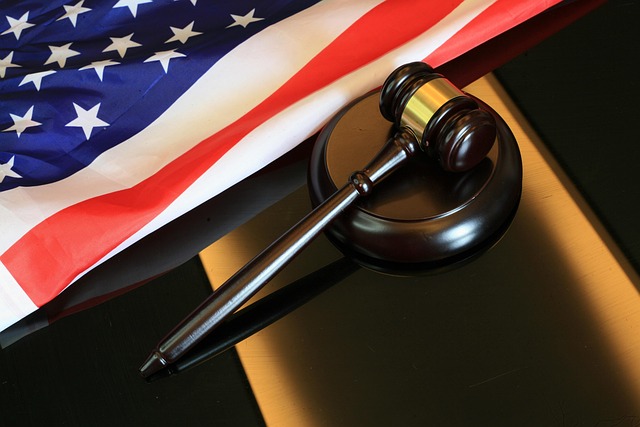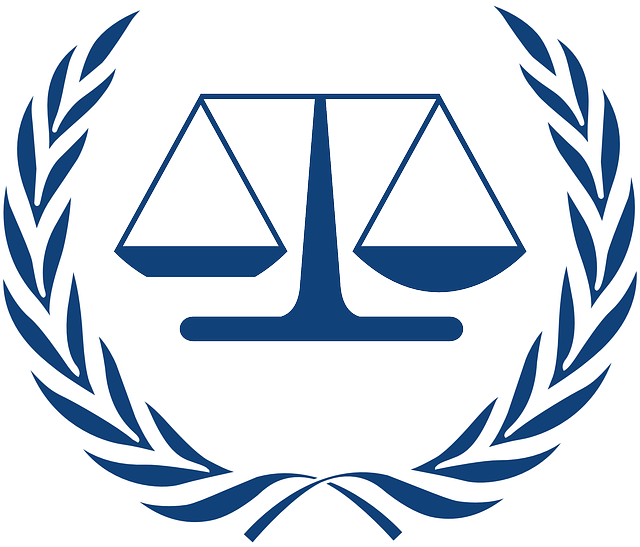Whistleblower Protection Lawsuits are instrumental in upholding organizational integrity and combating white-collar crimes by offering legal protection during disclosures, safe harbor during proceedings, and remedies for successful cases. Understanding the Legal Grounds for Criminal Appeal is crucial for both attorneys and individuals involved, as it helps navigate appeals, safeguard against retaliation, and ensure fair judicial outcomes. A strategic approach, combining knowledge of these legal grounds with a robust defense strategy, can secure fair trials and expose systemic issues without reprisal.
Whistleblower protection lawsuits are crucial mechanisms empowering individuals to expose illegal activities within organizations. This comprehensive guide explores the intricate world of whistleblower protection, focusing on legal grounds for criminal appeals. Understanding the framework and key elements in proving a valid claim is essential for success. Discover strategies and resources tailored for navigating these complex cases, ensuring whistleblowers can stand strong against potential backlash. Explore the intricacies of legal grounds for criminal appeal to safeguard the whistleblower’s role as a guardian of justice.
- Understanding Whistleblower Protection Lawsuits: A Comprehensive Overview
- Legal Framework and Grounds for Filing a Criminal Appeal
- Key Elements in Proving a Valid Whistleblower Claim
- Strategies and Resources for Success in Whistleblower Protection Cases
Understanding Whistleblower Protection Lawsuits: A Comprehensive Overview
Whistleblower Protection Lawsuits are a critical aspect of upholding integrity within organizations and ensuring accountability for illegal or unethical activities. These lawsuits provide a legal framework to protect individuals who expose corporate fraud, corruption, or public health and safety hazards. Understanding the grounds upon which such suits are based is essential for both white-collar defense attorneys and corporate and individual clients alike.
The legal grounds for these appeals span various stages of the investigative and enforcement process. They encompass protection from retaliation during the initial disclosure of information, ensuring safe harbor throughout the legal proceedings, and providing remedies for successful cases. This comprehensive approach fosters a culture of transparency and discourages unethical conduct by corporate entities, serving as a powerful tool in the fight against white-collar crimes.
Legal Framework and Grounds for Filing a Criminal Appeal
Key Elements in Proving a Valid Whistleblower Claim
Proving a valid whistleblower claim involves several key elements. First, individuals must establish that they have blown the whistle on illegal or unethical activities within an organization. This typically requires documenting evidence of the misconduct and demonstrating their role in revealing it. The revelation should be made through proper channels, such as to relevant authorities or media outlets, to ensure its credibility and impact.
Legal grounds for criminal appeal can play a significant role here, especially when whistleblowers face retaliation or false accusations. A robust general criminal defense strategy is essential for achieving extraordinary results in these cases. Protections against retaliation are crucial, particularly in the context of white-collar and economic crimes, where whistleblowers may be targeted due to their knowledge and access to sensitive information.
Strategies and Resources for Success in Whistleblower Protection Cases
Whistleblower protection cases require a strategic approach to ensure success. Firstly, understanding the legal grounds for criminal appeal is paramount. A robust legal team will explore options like insufficient evidence, procedural errors, or violations of constitutional rights. These strategies can overturn false charges and protect whistleblowers from retaliation.
Resourceful tactics include leveraging an unprecedented track record in white collar defense. Past winning challenging defense verdicts demonstrates expertise in navigating complex cases. Utilizing these resources, whistleblowers can secure a fair trial, protect their reputation, and expose systemic issues without fear of reprisal.
Whistleblower protection lawsuits play a vital role in ensuring accountability and promoting transparency. By understanding the legal framework and key elements involved, individuals can effectively navigate the process. When considering a criminal appeal based on legal grounds, it’s crucial to have a strong strategy and access to resources tailored for whistleblower cases. This comprehensive overview equips readers with knowledge to succeed in protecting their rights while fostering a culture of integrity within organizations.






